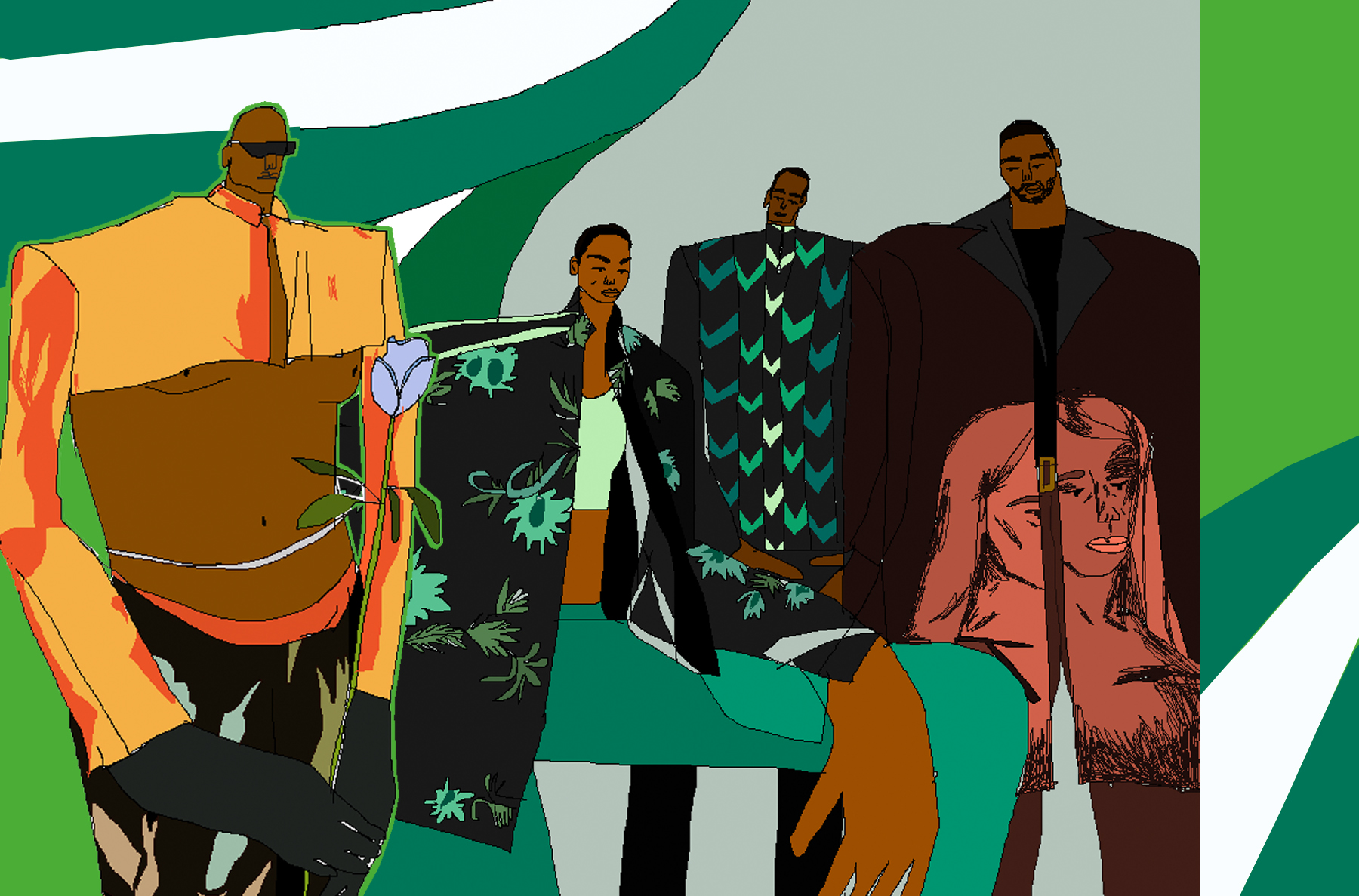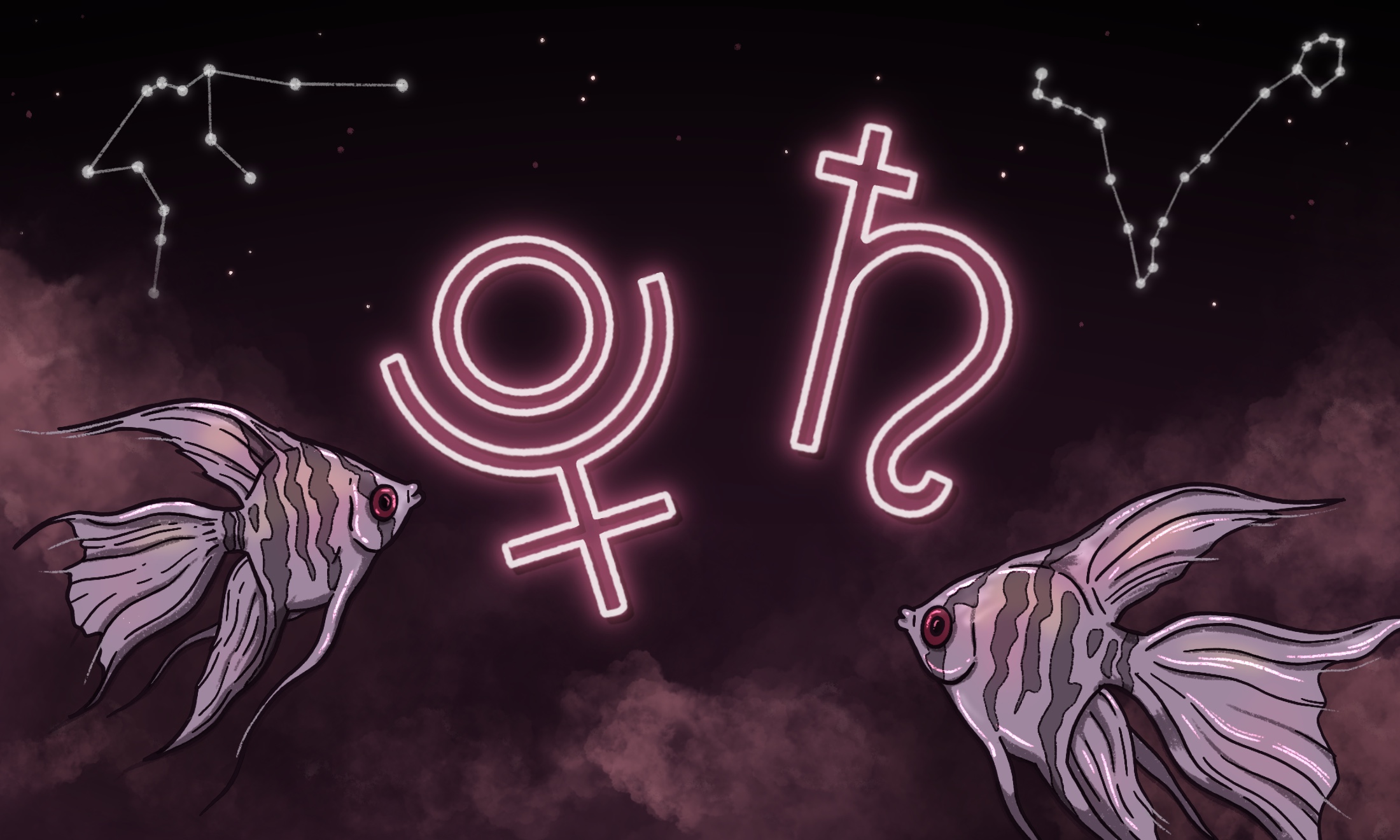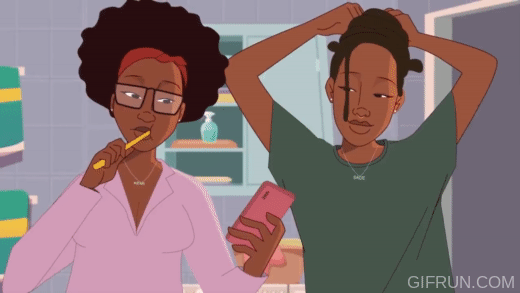
Illustration by Hannah Buckman
As the release date for the hotly anticipated Nigerian World Cup kit drew closer, I couldn’t contain my excitement. My alarm was set, debit card at the ready to purchase my t-shirt and my pride at an all-time high, only for me to see those two dreaded words – sold out. Was I surprised the best kit during the world-renowned tournament had sold out at lightning speed? Of course not. Quickly becoming a holy grail for those worshipping the sport and otherwise, the kit was in fact recently shortlisted for a Beazley Design Award, rubbing shoulders with iconic fashion houses such as Burberry and Gucci. You would do well to keep a firm grasp on that golden ticket.
Aside from the love being projected towards my country and our kit, my second thought was that this seemed to be a pattern. The legendary Nigerian homecoming concert curated in Lagos earlier in April 2018 shined a spotlight on the city, with a number of figures showing their support – like Naomi Campbell and Afrobeats superstar Wizkid. There was the similarly titled event held in Somerset House earlier this year, hosted by Skepta’s manager Grace Ladoja, an incredible force of nature. Slightly further back in June 2017, Dazed 100 nominee Mowalola debuted her amazing graduate collection, citing her designs as being influenced by Nigerian psychedelic rock. There was no denying there was a buzz in the air, we were having our moment.
“There was no denying there was a buzz in the air, we were having our moment”
As a young Nigerian born and raised in London, my only physical exposure to my parents’ village was when I was eight-years-old. I experienced the electricity in the air, the buzz of streetcars, joyful chatter amongst my parents and relatives; indulging in egusi stew and pounded yam whilst adjusting to the stifling heat. As minute as that experience had been, only having been in Lagos for two weeks, I forever associated it with fond memories.
Growing up, although there was a sense of slight disconnect with my culture due to my schooling and living the majority of my adult life in London, I always had a sense of my culture instilled within me. My household was filled with Yoruba and my parent’s mother tongue was our primary way of conversing. Upon fleeing the nest as a petrified student, experiencing independence for the first time, I frequently found myself calling my sister for jollof rice recipes to feel closer to home.
Visits to my grandfather were filled with proud stories of his first paper round, how my features resembled my great grandparents and the sense of community he felt could only be replicated back in Nigeria. So as this year began to rapidly feel like the year for all things Nigerian, finally I thought, talent being recognised could only be a good thing, right? But the incessant nagging of why now, kept creeping into my thoughts.
“Our kits were good enough to flaunt as though it were the latest Supreme drop, but our players were fair game for ridicule”
Scrolling through Twitter during the World Cup was like a wasteland full of insults and somewhat derogatory commentary, all, unfortunately, part and parcel of the sport, but coming across a particular meme about my country instantly stopped me in my tracks. A meme had been created mocking Nigerian players, portraying them as lazy, and unworthy due to copious amounts of pounded yam and egusi stew – spelt incorrectly, I may add. As I digested this insulting excuse of poor humour, I began to feel not only deflated but enraged, our kits were good enough to flaunt as though it were the latest Supreme drop, but our players were fair game for ridicule.
Trying to keep a rational mindset I knew there were, as always, aspects that were greedily digested by society and the rest discarded. Though the memes weren’t the first nor the last to mock Nigerians, our talent continues to seep out into the mainstream was undeniable. As I was scrolling through Instagram, a post on Grace Ladoja’s Instagram designed in the green and white flag colours immediately caught my attention. It was calling all to celebrate a homecoming special based on Nigerian talent at Boiler Room with a plethora of artists ready to embrace our culture. Never had I RSVPed for an event so quickly. Entering Somerset House I was surrounded by Nigerian flags, music and an infectious vibe. From seeing people doing Shaku Shaku either side of me, to hearing Drogba performed by Afro B, it’s safe to say the evening was as advertised, bringing a slice of Nigeria to central London.
“I was surrounded by Nigerian flags, music and an infectious vibe. From seeing people Shaku Shaku either side of me to hearing Drogba performed by Afro B”
An influx of Afrobeats stars has continued to dominate the charts with artists like Wizkid and Skepta collaborating with musicians from across the pond. If ever there was a year that Afrobeats was thriving, it was now; therefore it was no surprise to me when I heard Tiwa Savage would be performing at the O2 during the summer with a pop-up store for her die-hard fans. Behind the genius pop-up was designer Irene Agbontaen (AKA Irenettya), one of the many deeply influential figures within the UK Nigerian creative community.
As monumental as this year has been for Nigerian culture, much like anything, it can begin with a form of appreciation and quickly trickle into a fad. To pinpoint where this fascination with Nigerian culture began in 2018 and when or if indeed it will end soon, is something that can’t be determined. One thing I am sure of is even if the spotlight does fade away, I have never been more proud to be a Naija woman.








